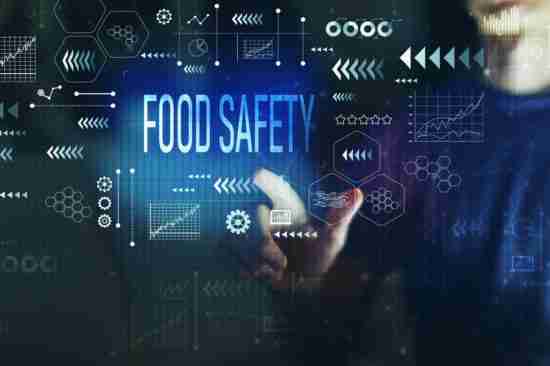Two events in recent days focused on food safety in Ireland and Uruguay.
The German Federal Institute for Risk Assessment (BfR) and Uruguayan Ministry of Livestock, Agriculture and Fisheries (MGAP) hosted the first Latin American Risk Assessment Symposium from Aug. 27 to 29 while the Food Safety Authority of Ireland (FSAI) held “The Science of Food Safety – What’s our Future?” event at the Convention Centre Dublin on Aug. 21 and 22.
The primary focus of the symposium in Montevideo, Uruguay was scientific assessment of chemical and microbiological risks in food.
Lessons learned from 2011
Speaking at the event, professor Andreas Hensel, president of the BfR, said global structures of production and trade are globalizing health risks
“The symposium offers a forum for sharing experiences and promoting the development of risk assessment as part of good practice in food safety in Latin American countries. We also welcome this opportunity to use the expertise of the BfR to benefit the South America region,” he said.
The meeting was supported by a host of agencies including the Inter-American Institute for Cooperation on Agriculture (IICA), European Food Safety Authority (EFSA), Portuguese Economic and Food Safety Authority (ASAE), Spanish Agency for Food Safety and Nutrition (AESAN), Pan American Health Organization (PAHO), Chilean Agency for Food Safety and Quality (ACHIPIA), Uruguayan National Meat Institute (INAC) and Uruguayan National Agricultural Research Institute (INIA).
It was designed to generate strategies to expand state-run risk assessment and food control activities in Latin American countries based on risk assessment structures in Germany and Europe, as well as good practice in assessing microbial and substance-related risks.
Experts from Germany and Spain provided an overview of a 2011 enterohemorrhagic E. coli (EHEC) outbreak as it developed in their countries and the most important lessons learned. The incident was one of the most serious outbreaks of foodborne illness in Europe. It resulted in 53 deaths in Germany and 3,740 people falling ill.
Attendees also heard about the use of antibiotics in animal husbandry and associated risks of medicine residues in food products, as well as the spread of antibiotic resistance in pathogens.
Two separate outbreak scenarios were simulated in workshops with delegates required to develop ideas and strategies to counter this kind of food safety crisis.
FSAI marks 20th anniversary
The FSAI conference had discussion on how regulators, inspectors, industry, scientists and academics can work in collaboration to use the latest science impacting on food.
The event focused on the microbiological and chemical safety of food, and public health implications, as well as what was required for effective regulatory controls in the future.
Keynote speaker, Dr. Bernhard Url, executive director of EFSA, said trust in science was important.
“Food in Europe has never been safer. This is because science plays a crucial role in the way the food system within the European Union is set-up. A system that is worth €4 billion ($4.4 billion) in turnover every year. Looking at the present and future challenges and the more and more pressing questions on how to feed a growing global population using less resources and restoring at the same time a degraded environment, I believe solutions are found again in the scientific process,” he said.
Pamela Byrne, chief executive of FSAI, said it was an important milestone in the evolution of food systems.
“Now more than ever with the increasing globalization of food and the creation of food in new ways based on scientific advancements, there is a need for increased focus on ensuring a secure, safe, nutritious and authentic food supply chain,” she said.
John Bell, director of the Healthy Planet Directorate at the European Commission, said current and emerging risks include climate change, new technology and a desire to restrict carbon outputs.
“We also need to ensure that our food safety system is future-proofed for the upcoming changes in production and consumption and that it generates trust, that it effectively helps citizens to make informed and healthy food choices, whilst transparently addressing new concerns,” he said.
“Future food safety systems and regulatory frameworks will need to enable change while remaining effective and transparent on risk assessment. Food safety research funding both nationally and at EU level needs to reflect this new context and be better coordinated.”
(To sign up for a free subscription to Food Safety Website, click here.)

